|
COCA
COLA
ABOUT -
CONTACTS - FOUNDATION -
HOME - A-Z INDEX
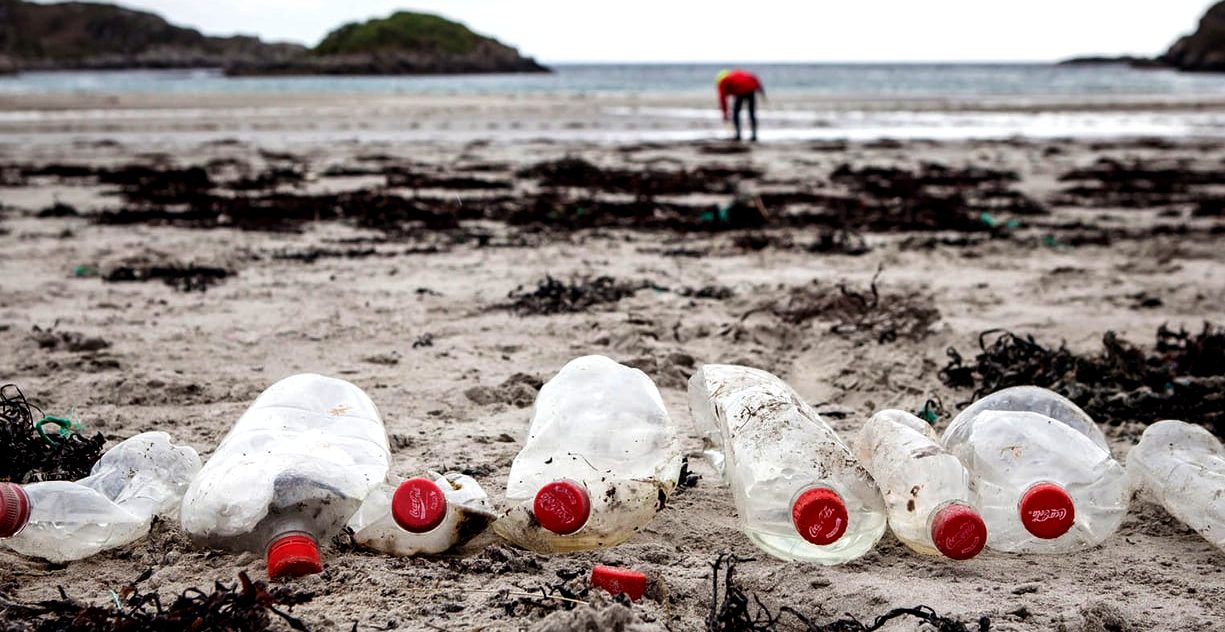
INEFFECTIVE
RECYCLING: I saw, she saw, on the sea shore. Most of us
have seen plastic bottles strewn on our beaches and not though
too much about it and that is the problem. If more people were
aware of the problems that plastic causes when it gets into
the ocean.
We
take it for granted that we can pop into the supermarket or
other store and pick up a refreshing beverage in a convenient
container. Can we then blame the makers of our favourite
drinks for upping production when demand rises? Should we
target just one brand when there are dozens of brands? Maybe.
If, as a responsible corporation you are doing nothing to contribute
to reducing your plastic
footprint, then you might
legitimately become a focus of the problem. Pepsi
Cola also produce a lot of plastic bottles and so do our
supermarkets with their own brands.
Let
us say that you do produce billions of bottles and a
proportion of them are ending up in the ocean. If you were to
contribute to a public awareness
campaign, that would offset
any increases in production and maybe even begin to reverse
the effect that your business was having on the environment.
Food for thought where drinks are classed as food.
You
could go back to glass bottles, with metal cans being less of
a problem. Or you could contribute to ocean research as to how
to target ocean plastic in the long term, where such activity
is now being (in part) supported by the European
Commission with food
security and marine
litter calls now in the offing as the United
Nations pumped up such subjects in their sustainable
development Agenda for 2030.
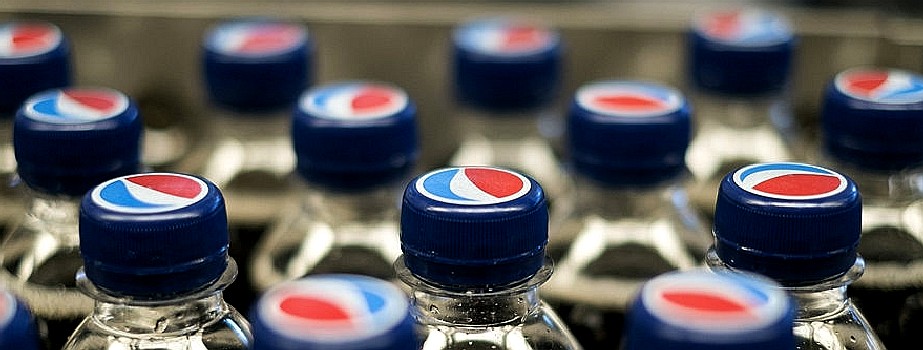
THE
GUARDIAN OCT 2 2017 - GREENPEACE SAY COKE INCREASED PLASTIC
BOTTLE PRODUCTION LAST YEAR
Coca-Cola increased its production of throwaway plastic bottles last year by well over a billion, according to analysis by Greenpeace.
The world’s biggest soft drinks company does not disclose how much plastic packaging it puts into the market. But analysis by the campaign group
Greenpeace reveals what they say is an increase in production of single-use PET bottles from 2015-2016.
The increase puts Coke’s production at more than 110bn bottles each year, according to
Greenpeace.
Coca-Cola has confirmed that single-use plastic bottles made up 59% of its global packaging in 2016 compared to 58% in the 12 months before.
The scale of production contributes to a plastic mountain which is growing vastly year on year. Figures obtained by the Guardian reveal that by 2021 the number of plastic drinks bottles produced globally will reach more than half a trillion.
But only a tiny fraction of these bottles are recycled. Fewer than half of the bottles bought in 2016 were collected for recycling and just 7% of those collected were turned into new bottles. Instead, most plastic bottles produced end up in landfill or in the ocean.
Between 5m and 13m tonnes of plastic leaks into the world’s oceans each year to be ingested by sea birds, fish and other organisms, and by 2050 the ocean will contain more plastic by weight than fish, according to research by the Ellen MacArthur Foundation.
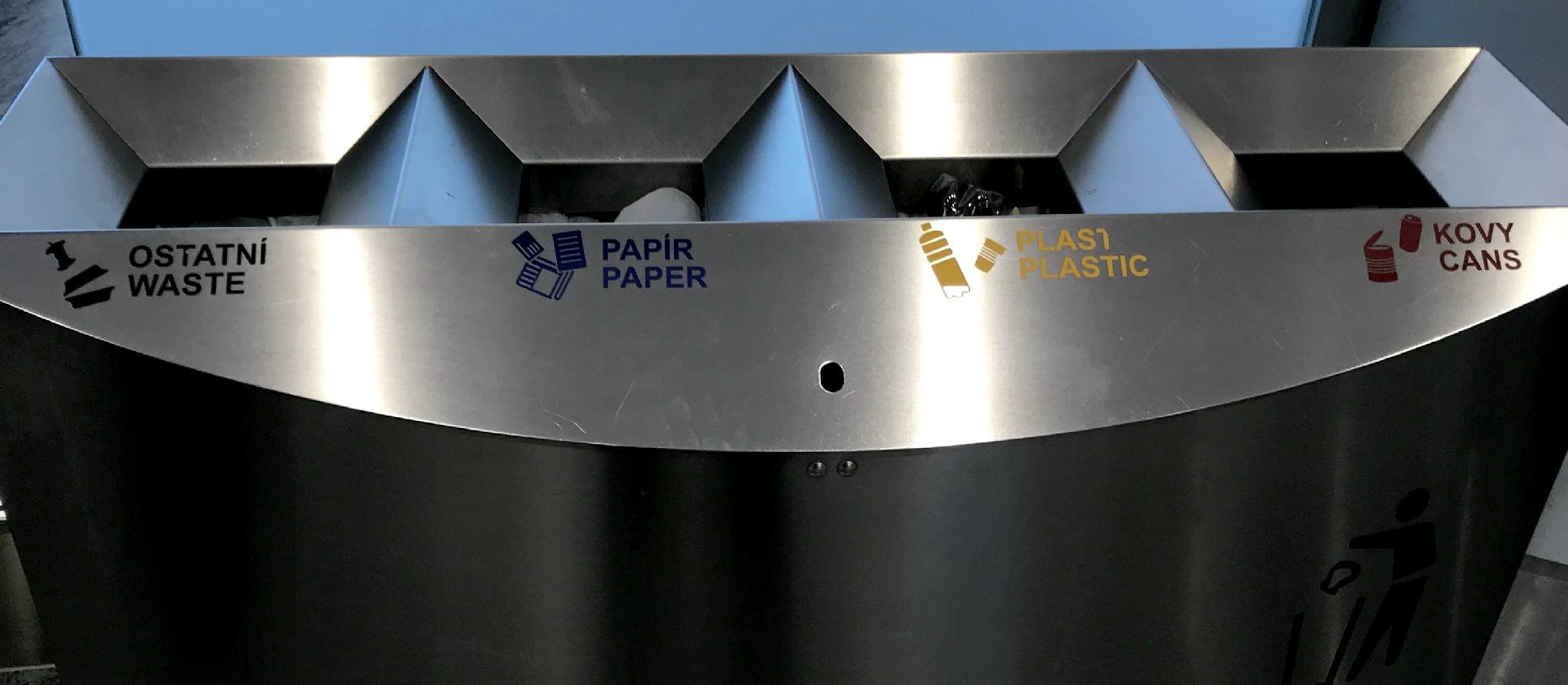
EURO
RECYCLING: Our man in Brussels was pleased to note that in every airport
that they were taking the separation and recycling of travelers waste
seriously. Even the fast food chains abroad had adopted a similar scheme. McDonalds
being one of those. Well done on this. The famous burger chain also provided
our delegate with a very tasty strawberry smoothie that had a really fresh
tang, pulp, pips and all. The fruit, the whole fruit and perhaps just a bit of
titivating? We'll never know.
Louise Edge, oceans campaigner for Greenpeace, said: “Coca-Cola talks the talk on sustainability but the astonishing rate at which it is pumping out single-use plastic bottles is still growing.
“We have calculated it produced over 110bn throwaway plastic bottles every year – an astounding 3,400 a second – while refusing to take responsibility for its role in the plastic pollution crisis facing our oceans.
“We would love Coke to provide detailed breakdowns of what it produces – so we would welcome any clarifications they have to offer on our estimates.”
Amid growing concern about marine pollution and increasing evidence that plastic is finding its way into the food chain of fish and humans, Coca-Cola European Partners announced it had changed its mind about plastic bottle deposit schemes.
The company has expressed support for a deposit scheme and told Westminster MPs a new approach was needed to improve the stalled recycling rates in the UK of 57% for
PET bottles, and is calling for collaborative efforts from government and industry to improve recycling rates.
Coca-Cola, which operates in more than 200 countries, has said disclosing the volume of plastic packaging it puts on the market annually is “commercially sensitive”.
In July Coca-Cola European Partners announced it would increase the amount of recycled plastic in its bottles to 50% by 2020.
But plastic drinking bottles could be made out of 100% recycled plastic, known as RPet – and campaigners are pressing big drinks companies to radically increase the amount of recycled plastic in their bottles.
A spokesperson from Coca-Cola Great Britain said: “Our global PET bottle usage number for 2016 is 59%, an increase of 1% from 58% in 2015. We continue to review and adjust our packaging strategy as part of our overall business plan.
“In the UK, all of our bottles and cans are 100% recyclable and have been since 2012. Our plastic bottles contain 25% recycled material and we have recently pledged to double this amount to 50% by 2020.”
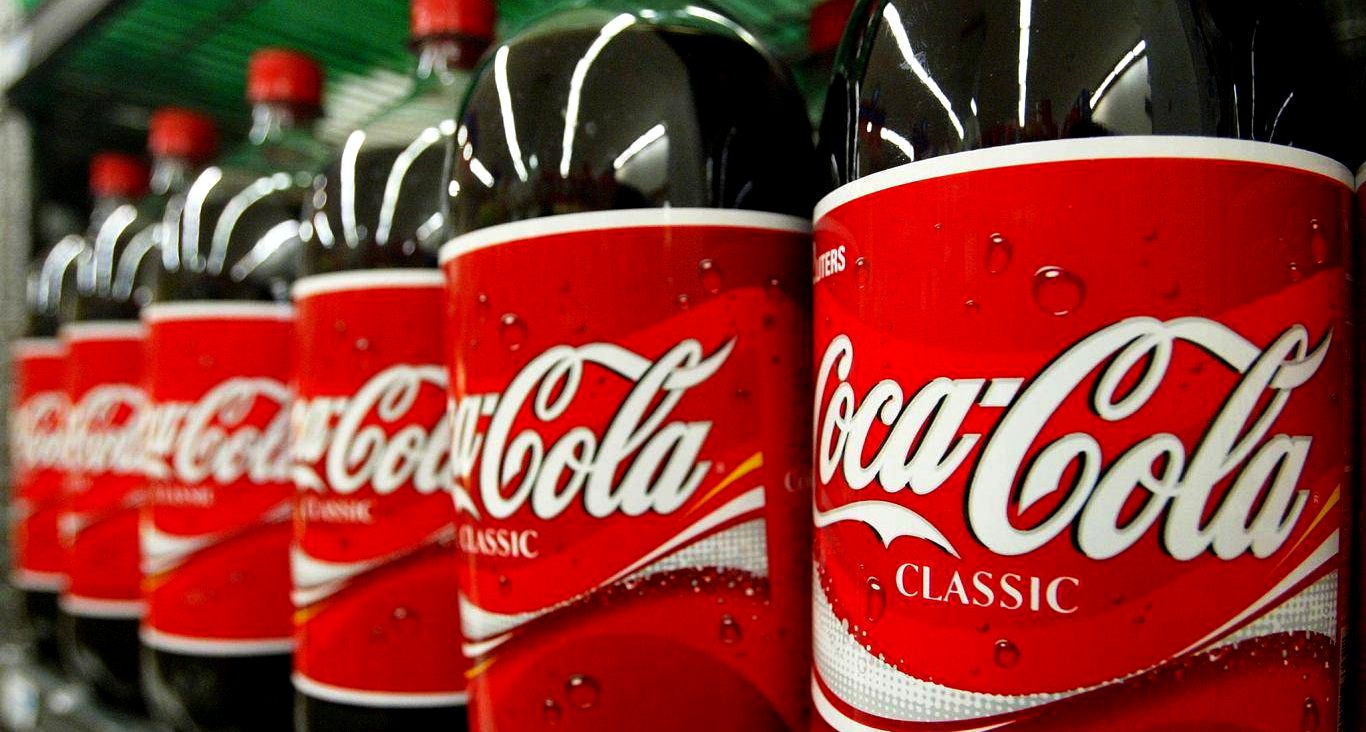
THE
INDEPENDENT APRIL
9 2017 - Coca-Cola is failing to combat the environmental damage caused by it producing over 100 billion throwaway plastic bottles each year, a new analysis by Greenpeace has revealed.
Last March the fizzy drinks company came under fire for refusing to disclose how much plastic it produces in a survey of the top six global drinks manufacturers, conducted by
Greenpeace.
However, the environment group now claims it has uncovered what it calls the company’s “eye-popping” use of throwaway plastic.
The charity looked at Coca-Cola’s annual sales figures of certain product lines and the proportion that they have represented in the company’s overall packaging mix since 2012.
Using this method, Greenpeace concluded that Coca-Cola sells in the region of 108 to 128 billion plastic bottles each year.
According to the research, the world’s biggest soft drinks company’s single-use plastic bottles now account for almost 60 per cent of the company’s global packaging – a number that has increased by 12 per cent from 2008 to 2015.
Coca-Cola in 2013 set a target for its recovery and recycling rates in developed countries to rise to 75 per cent by 2020. However Greenpeace’s analysis of Coca-Cola’s available data from 2013 to 2015 revealed that this rate is actually declining. Greenpeace says that the rate fell from 63 per cent in 2013, to 61 per cent in 2014 and 59 per cent in 2015.
“The rate at which Coca-Cola is pumping out single-use plastic bottles is just
breath-taking,”said Louise Edge, senior oceans campaigner at Greenpeace UK.
“In the absence of full disclosure from Coke, we’ve calculated that it produces over 100 billion throwaway plastic bottles every year – an eye-popping 3,400 a second – while refusing to take responsibility for its role in the plastic pollution crisis facing our oceans. Our oceans simply can’t stomach any more of Coca-Cola’s plastic,” she added.
Some 16 million plastic bottles end up in the environment every single day in the UK, according to
Greenpeace.
A spokesperson for Coca-Cola Britain told said they were “disappointed” to read the report from Greenpeace UK.
“Coca-Cola is one of the few consumer goods companies whose packaging is 100 per cent recyclable. In Great Britain, we have reduced the amount of packaging we use by 15 percent since 2007 and we currently use 25 per cent recycled plastic in all of our bottles,” a spokesperson for the company said.
“Globally, we continue to increase the use of recycled plastic
(rPET) in countries where it is feasible and permitted. We are also actively involved in conversations with policy makers and other experts about what more can be done to reduce litter and improve recycling and recovery rates and are one of the companies who have agreed to join DEFRA’s litter strategy working group which will focus on addressing this problem,” it added.
In March, and representing a major u-turn for the company, Coca-Cola UK announced that it was supporting the deposit return scheme (DRS) in Scotland. The scheme is designed to encourage consumers to return their drinks bottles by adding a small refundable charge at sale.
At the time the company said it remains fully committed to finding new ways to minimise the materials it uses, reduce waste and work with other stakeholders to improve recycling rates across Britain.
According to a study released in October last year by Recycle Now, the national recycling campaign for England, which is funded by the Government, UK households use an average of 480 plastic bottles a year, but recycle just 270 of them.
THE
INDEPENDENT OCT
3 2017 - COCA COLA INCREASES PLASTIC BOTTLE PRODUCTION BY
A BILLION
Coca-Cola produced a billion more plastic bottles last year compared to the previous 12 months, according to new analysis.
The company does not publish data on the production of its bottles, but a study by Greenpeace found the amount of plastic being used by the soft drinks company has increased.
The environmental campaign group said Coca-Cola is now producing more than 110 billion plastic bottles each year.
Coca-Cola confirmed there has been an increase in the proportion of its packaging that is plastic bottles. The company says all of its bottles sold in the UK are completely recyclable.
Environmental campaigners, however, point out that only a tiny fraction of plastic bottles are actually recycled. In the UK, 43 per cent of bottles are reused – a figure likely to be much lower in less developed countries.
Louise Edge, oceans campaigner at Greenpeace, told The Guardian: “Coca-Cola talks the talk on sustainability but the astonishing rate at which it is pumping out single-use plastic bottles is still growing.
“We have calculated it produced over 110 billion throwaway plastic bottles every year – an astounding 3,400 a second – while refusing to take responsibility for its role in the plastic pollution crisis facing our oceans.
“We would love Coke to provide detailed breakdowns of what it produces – so we would welcome any clarifications they have to offer on our estimates.”
In addition to the fossil fuels used in the production of bottles, up to 13 million tonnes of plastic ends up in the world’s oceans each year, where it is often ingested by birds and fish.
Scientists have previously said that, by 2015, oceans will contain more plastic than fish, when measured by weight.
The number of plastic bottles being produced globally currently stands at 480 million each year and is set to continue to rise; figures suggest it will reach half a trillion annually by 2021.
While all Coca-Cola bottles sold in the UK are made from recyclable plastic, the company has so far refused to implement a similar policy for those sold elsewhere.
Currently the firm bottles are made from just 25 per cent recycled plastic – a figure the company has committed to increasing to 50 per cent by 2020.
A spokesperson for Coca-Cola, whose brands include Fanta, Sprite, Oasis, Lilt and Schweppes in addition to its traditional cola drink, said: “Our global
PET bottle usage number for 2016 is 59 per cent, an increase of 1 per cent from 58 per cent in 2015. We continue to review and adjust our packaging strategy as part of our overall business plan.
“In the UK, all of our bottles and cans are 100 per cent recyclable and have been since 2012. Our plastic bottles contain 25 per cent recycled material and we have recently pledged to double this amount to 50 per cent by 2020.”
Coca-Cola has also backed calls for a bottle deposit scheme and is working with government ministers on how this could be implemented.
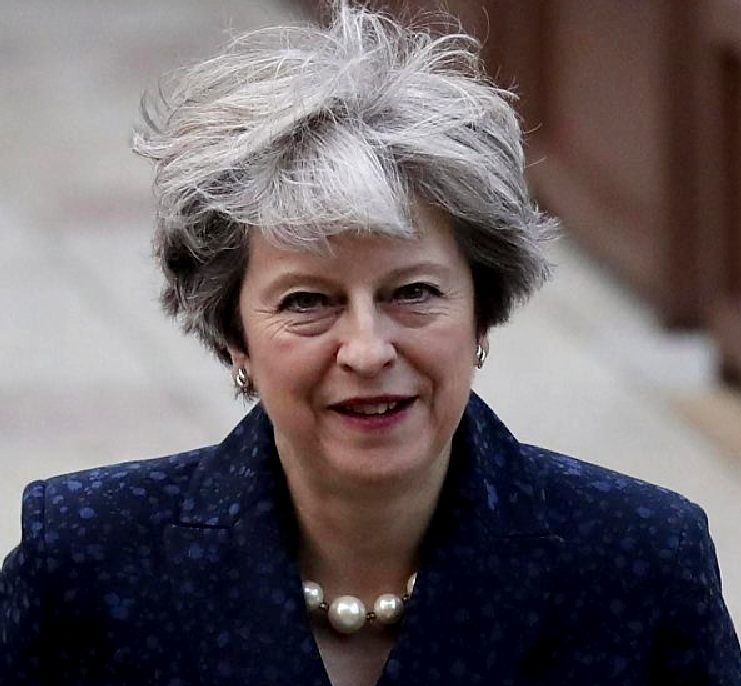
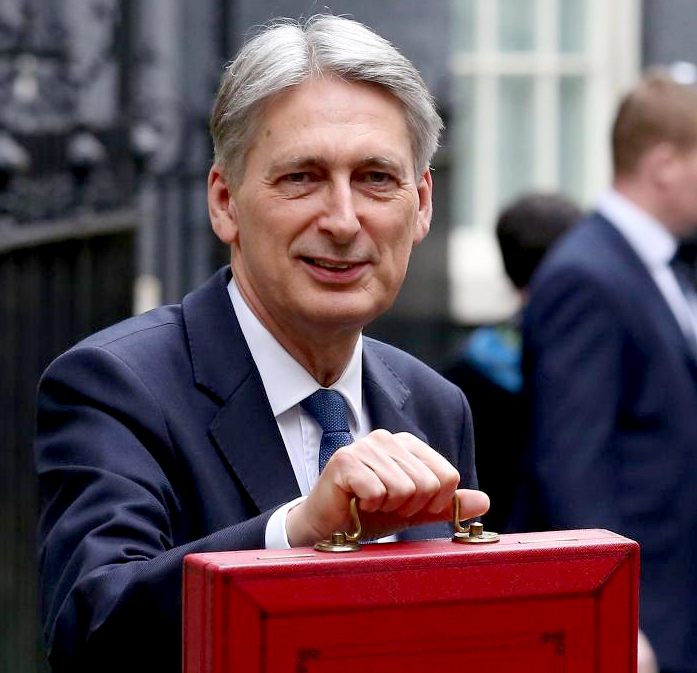
THE
SUN 10
NOV 2017: Theresa May has been branded economically illiterate by Treasury insiders as relations with the Chancellor plunged to new depths.
That may or may not be the case, but the lady is still in
charge of Brexit
negotiations and we hope that she has got one eye firmly on
the ball when it comes to essential research that will give us
a better chance of securing
food into the 2050s.
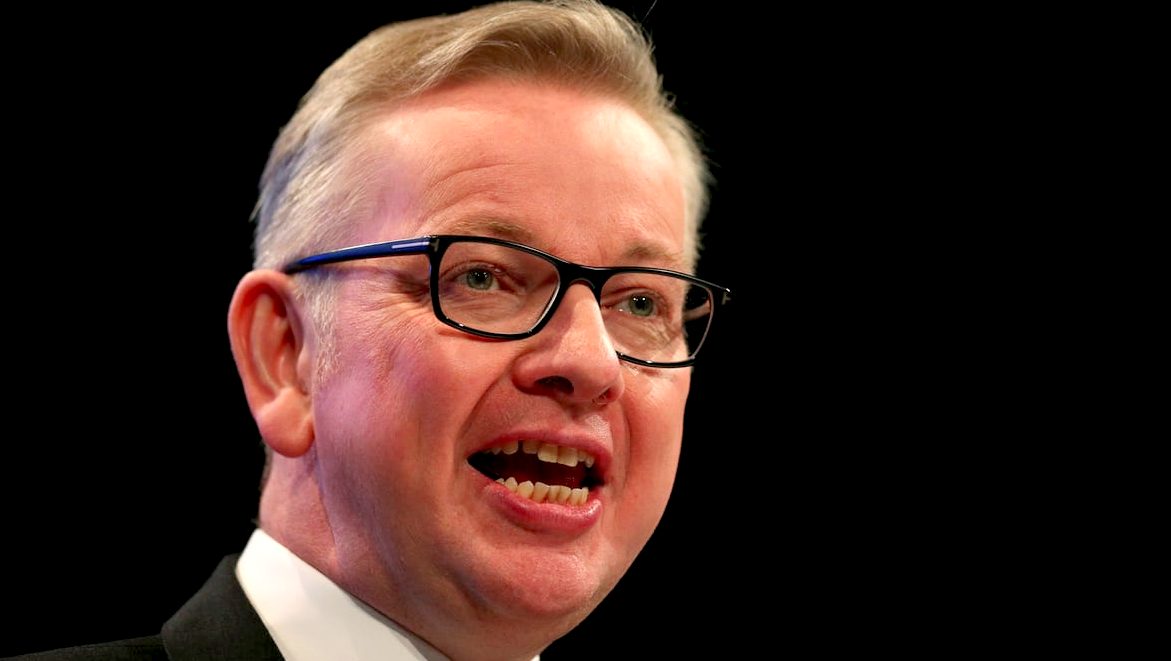
THE GUARDIAN
OCT 2017 - A deposit return scheme aimed at slashing plastic pollution has moved significantly closer after environment secretary Michael Gove said he would work with the industry to see how a scheme can be implemented in England.
Gove, speaking at the Conservative party conference in Manchester, announced a four-week call for views to inform how a deposit return scheme (DRS) would be designed. The government’s working group on the issue will also consider DRS for metal and glass containers.
Over eight million tonnes of plastic enter the oceans every year, with 80% coming from land. Plastic bottles are a major contributor; in June the Guardian revealed that a million are made every minute and the rate is rising quickly, with annual consumption forecast to top half a trillion by 2021.
At least a dozen nations already have DRS, in which a small deposit is paid when purchasing the bottle, which is then returned when the empty bottle is brought back.
In Germany and
Denmark, which have DRS schemes, more than 90% of bottles are returned. In England, just 57% of plastic bottles are recycled, mostly through streetside collection schemes. Gove was pressured this summer by opposition parties and NGOs to introduce a DRS in England, and Nicola Sturgeon announced in September that Scotland would introduce a DRS.
“We must protect our oceans and marine life from plastic waste if we are to be the first generation to leave our environment in a better state than we found it,” Gove said. “We want to hear people’s ideas on how we could make [a DRS] work in England.” In September, Gove said a plastic bottle DRS was a “great idea” but it was vital to devise a programme “that others can buy into”.
Gove noted the huge reduction in plastic bag use resulting from the 5p charge placed on single-use bags, and that the government was drawing up “one of the world’s toughest bans on plastic
microbeads”. The DRS working group has been asked to report early in the new year.
“The continuous stream of disposable plastic bottles running into our oceans has been growing alarmingly,” said Greenpeace oceans campaigner Elena Polisano. “We urgently need solutions, and we think a DRS is probably the best way to raise the collection rate.”
Coca-Cola is one of the world’s biggest producers of plastic bottles and in February reversed its opposition to a DRS in Scotland. In July, the company announced it would use more recycled plastic in its bottles. However, on Monday Greenpeace revealed that Coca-Cola has increased its production of plastic bottles by a billion in the last year.
Louise Edge, oceans campaigner for Greenpeace, said:
“Coca-Cola talks the talk on sustainability but the astonishing rate at which it is pumping out single-use plastic bottles is still growing.”
LINKS
& REFERENCE
http://www.nytimes.com/2011/12/16/business/energy-environment/coca-cola-and-pepsico-race-for-greener-bottles.html
https://www.theguardian.com/environment/2017/oct/02/michael-gove-calls-for-views-on-setting-up-plastic-bottle-deposit-return-scheme
http://www.independent.co.uk/news/business/news/coca-cola-plastic-bottles-cant-be-recycled-greenpeace-statement-a7673246.html
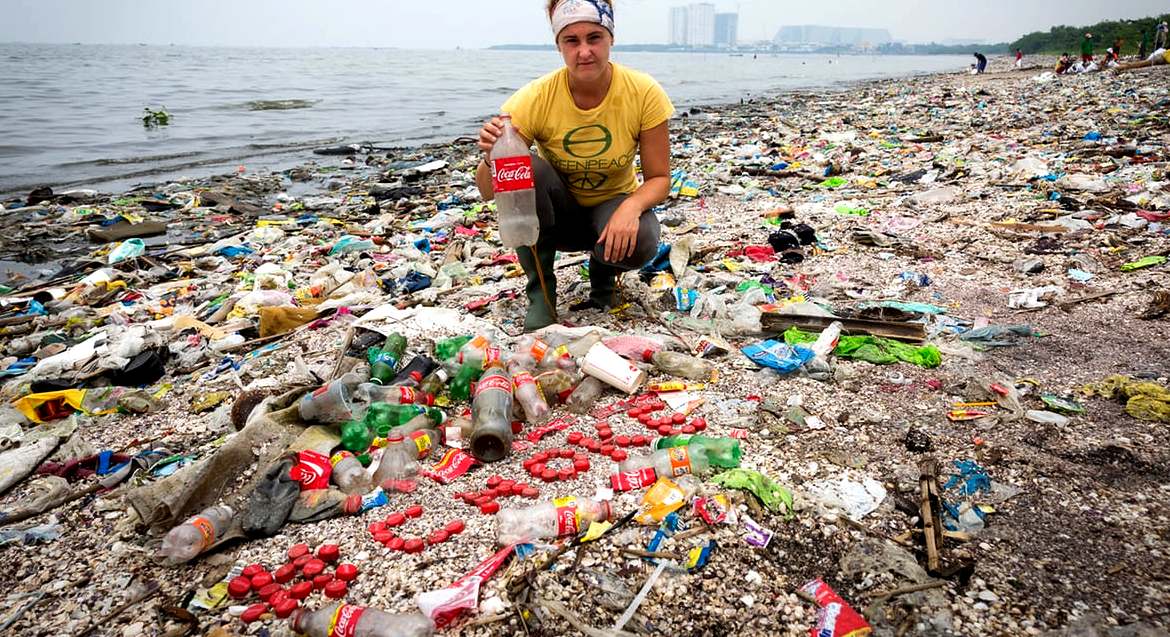
THE
OCEAN DOES NOT LIE: Politicians can spin themselves out of almost anything
and are ultimately replaced by another spin-doctor who may for a while follow
their ideals but will soon become entrenched in political brinkmanship rather
than dealing with urgent matters looming and presently out of control such as
marine litter.
When you consider the size of the Mediterranean Sea,
€14 million
euros may not seem like much to be able to tackle the problem
of marine litter and this has been the view of the assessors,
or rather applications in respect of Horizon 2020 calls have
not been funded because of budgetary constraints, though
considered to have merit. What is likely to happen as a result
of budget shortfalls and the present difficulties over Brexit
is that organizations within the UK may decide to relocate
their base of operations, or alternatively, look elsewhere for
funding or both. This might be simply to extricate themselves
from the present quagmire, doing what they can to stay clear
of politics.
According to the United
Nations Department of Economic and Social Affairs (UN-DESA
2009), the world population is expected to grow from the
present 6.8 billion people to about 9 billion by 2050, mostly in developing countries (5.6–7.9 billion).
Fisheries around the world provide significant food catches
that are dwindling as a result of over-fishing and marine
pollution. By tackling marine pollution, the oceans stand a
better chance of regeneration, giving fish a healthier
environment in which to flourish.
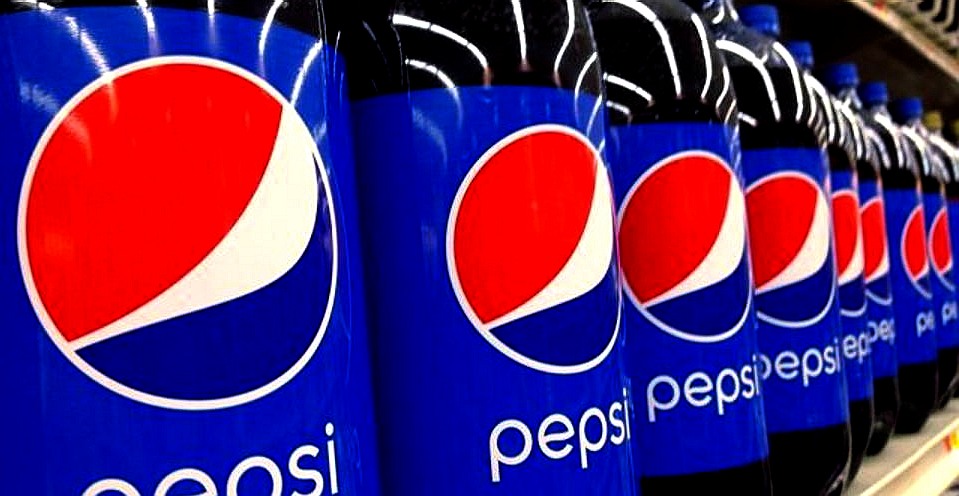
GREENWASH:
Over their decades of competition, the battle between Coca-Cola and PepsiCo has taken on many colors — brown (cola), orange (juice), blue (sport drinks) and clear (water).
Now, they are fighting over green: The beverage rivals have been racing to become the first to produce a plastic soda bottle made entirely from plants.
But despite dueling announcements claiming technological breakthroughs, consumers should not expect to see many all-plant bottles on store shelves any time soon.
Why? Because neither company is confident enough in the technology to say when, or even if, they will be able to deliver on their environmental ambitions.
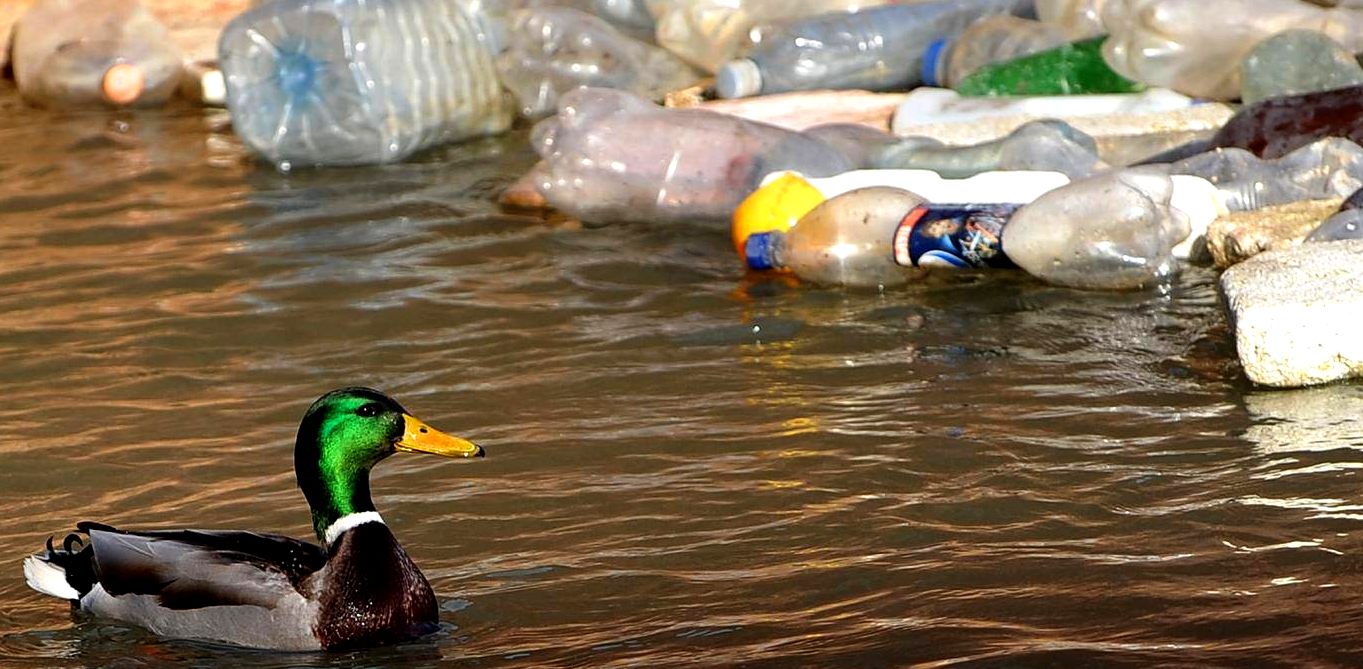
ABS
- BIOMAGNIFICATION
- BP DEEPWATER - CANCER
- CARRIER BAGS
- CLOTHING - COTTON BUDS - DDT - FISHING
NETS
FUKUSHIMA - HEAVY
METALS - MARINE LITTER
- MICROBEADS
- MICRO
PLASTICS - NYLON - OCEAN GYRES
- OCEAN WASTE
PACKAGING - PCBS
-
PET - PLASTIC
- PLASTICS
- POLYCARBONATE
- POLYSTYRENE
- POLYPROPYLENE - POLYTHENE - POPS
PVC - SHOES
- SINGLE USE
- SOUP - STRAWS - WATER
This
website is provided on a free basis as a public information
service. copyright © Cleaner
Oceans Foundation Ltd (COFL) (Company No: 4674774)
2017. Solar
Studios, BN271RF, United Kingdom.
COFL
is a charity without share capital. The names AmphiMax™,
RiverVax™
and SeaVax™
are trade names used under license by COF in connection with their 'Feed
The World' ocean cleaning sustainability campaign.
|








